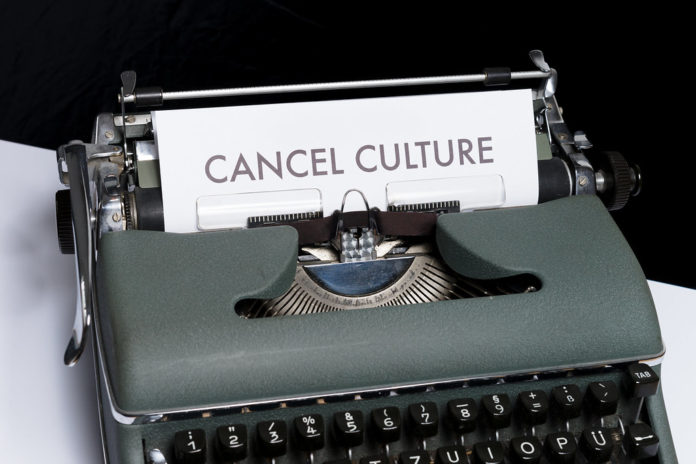By Ally Lessard
Writer
The idea of cancelling someone has been around for decades, being used in songs, TV and movies alike. It was brought to Twitter by the Black community to bring attention to racial disparities. That is where cancel culture made its way to the online world.
I believe it is safe to say that cancel culture has its place in society. Dictionary.com calls it, “the popular practice of withdrawing support for (cancelling) public figures and companies after they have done or said something considered objectionable or offensive.” Cancel culture is similar to public shaming, except that it’s online.
Cancel culture allocates room for new societal norms to be put in place. It provides a space for people fed up with abusers facing little to no repercussions for their wrongdoings to take action against them. However, cancel culture has a specific toxic trait that is not often mentioned. Cancel culture places the abuser in the limelight by bringing attention to them and not to those directly affected by their actions. Cancel culture is meant to cut attention to the person who is being exposed, but often it just brings more exposure (whether good or bad) to them.
The #MeToo movement, which was introduced in 2006 by Tarana Burk, is a way to change the stigma around sexual assault and survivors. Cancel culture quickly became a term associated with the movement and was heavily implemented to publicly shame abusers. However, this was never supposed to be the case. While cancel culture has aided in the movement, it has also placed the attention from survivors to the abusers. The act of slandering the perpetrators took the forefront while consoling and advocating for victims took the back.
Online, we are often quick to judge and jump on “hate trains”. Cancel culture perpetuates that by allowing people to sit behind their keyboards and essentially cyberbully individuals. By doing that, little progress is made. We may have socially cancelled them, but how do we make sure their actions are never repeated?
Black Lives Matter, a movement sparked in 2013 after the murdering of Trayvon Martin, is also wrestling with cancel culture. One of the co-founders, Patrisse Khan-Cullors stated that “people don’t understand that [social activist] organizing isn’t going online and cussing people out or going to a protest and calling something out.” The basis of cancel culture is slandering individuals online, but it doesn’t work when such a serious matter is at stake.
We need to be taking actions rather than using virtual words. We have seen what physical responses can do this summer when between 15 to 26 million Americans marched to demand justice for the killing of George Floyd. Cancel culture has to walk hand in hand with physical activism.
As long as cancel culture continues to inspire people to take action, then it is beneficial to society progressing. We can use cancel culture in a way that stops perpetrators from ever committing their crimes, and furthermore not allowing the type of behavior to ever happen again.


















